Ten Years in the Making, Silver Bullets is Adam Sewell’s Magnum Opus
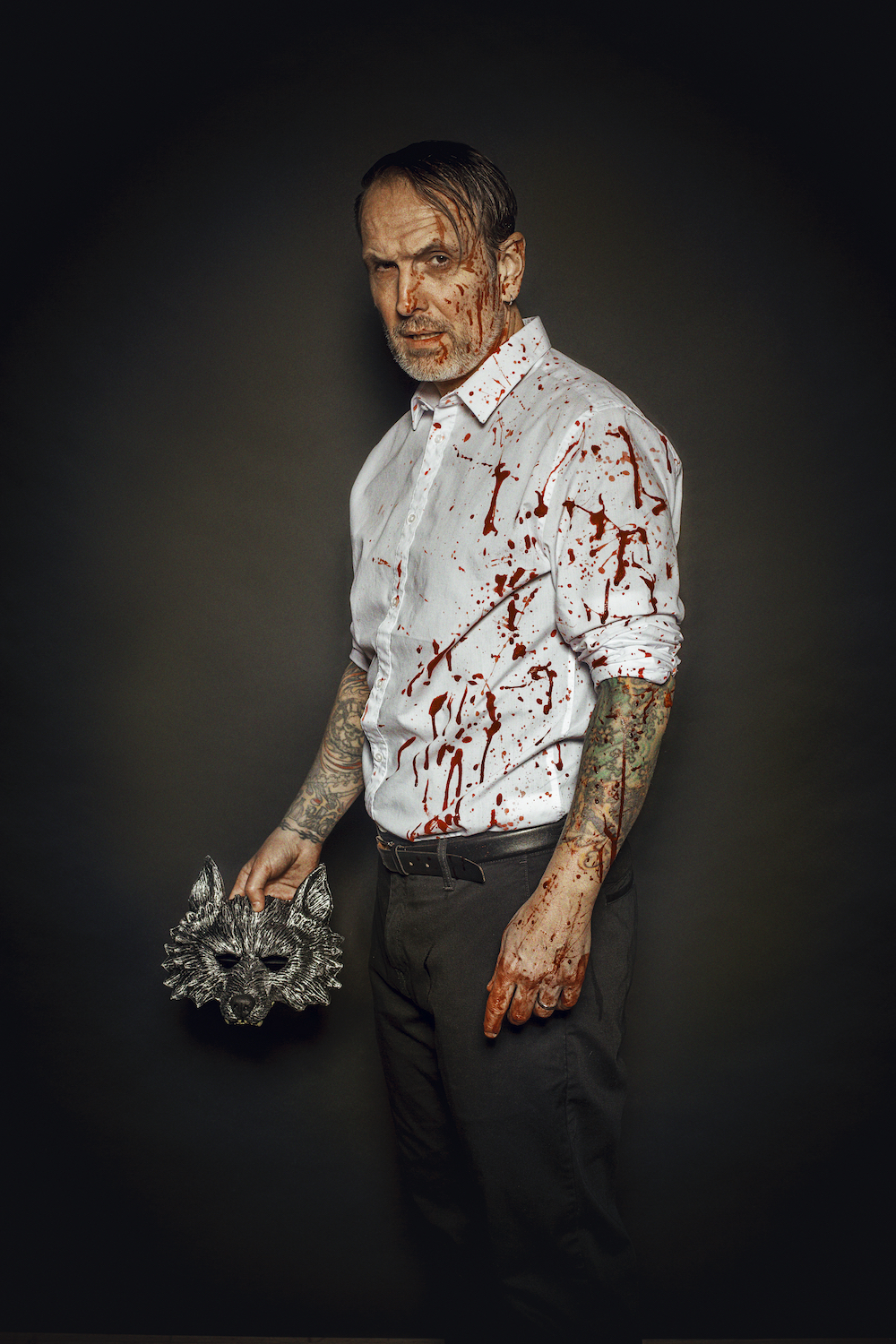
For Adam Sewell, this day has been a long time coming. The award-winning Canadian musician who spent most of the 1990s fronting Monster Voodoo Machine consumed the last 10 years crafting an album that serves as a monolith to his music career.
Silver Bullets is a departure from the guitar-heavy alternative hard rock that gave him an identity and place within the music world. The album is filled with layer after layer of dense atmosphere fulfilling imaginary soundtrack-like complexities. The album twists and turns into a world of riveting danger and brooding contemplation. Like Barry Adamson, Sewell creates an alternative dimensional world that is intelligent in the album’s ethics and powerful within its songwriting.
Although work with the album began in 2008, Sewell would get pulled in different directions throughout the years causing several delays in the project. One of those detours was having the opportunity to work with Simone Denny from Love Inc.
“I work in artist management, and I would be consumed for a while. One of the things that happened was working with Denny. These songs I had written for the Def Con record ended up becoming songs for her solo record.”
Sewell had songs established for Silver Bullets. It was formulated in his head. He wanted Denny to perform on the album and presented these songs for her. She loved them so much that she wanted these songs to be on her solo endeavor. So Sewell switched direction and spent years working with Denny to make her debut release, The Stereo Dynamite Sessions Vol. 1 a success. Although some of those songs would have made it into the Silver Bullets album, setback was not in Sewell’s vocabulary as he considers working with Denny the greatest musical education he has had in his career.
“Learning to write for someone else, I also learned to get out of my comfort zone. At the end of the day, it made the final version of Silver Bullets that much stronger.”
Def Con Sound System – Theme From Silver Bullets (Official Video)
Sewell claims that several songs on the album could have been an extension of what Monster Voodoo Machine was turning into before the band’s demise. He has always challenged trends and Def Con Sound System has publically pushed the bar high, not just by using technology to drive the music forward but using that technology as an extension to the group’s main purpose.
“I was lucky growing up in that when I was very young when I discovered various styles of music. The people around me at arms length were very involved in underground music or what was becoming the first generation of popular New Wave music out of the UK and some American underground stuff. I experienced a lot of that in real time. As a young child I was hearing Kraftwerk and the original Tubeway Army stuff, or bands like Depeche Mode who I saw when I was 11 years old. These were artists who used technology in a different way at that time. What I always liked about it was that it was not the prevalent feature in the music. You can have a really good song but use the technology to enhance the song in the same way that a Memphis soul band might use a horn section to enhance the song. I was a massive fan of the work Rick Rubin was doing with Def Jam and Hip Hop. You are using samples to enhance good songwriting.”
As the 1980s turned into the 1990s, the industrial rock scene blossomed with bands being dominated and consumed by the technology that allowed them to trigger samples or program musical directives. Fans of the genre gravitated toward Monster Voodoo Machine for the band’s guitar-driven intensity and it pulled them into the genre definition because of the technology they used. A song like “Bastard Is As Bastard Does” pushes the envelope of hard rock and technical prowess to make a statement but to be pigeonholed as an industrial band was not Sewell’s intent.
“When I went to put Monster Voodoo Machine together, my approach was not to do what bands like Ministry or Nine Inch Nails or Front 242 or Nitzer Ebb or whoever was doing. That was never it. We were just a bass, guitar, drums band, and we looked at using samples within the songs the same way a normal band might use a horn or string section.”
Monster Voodoo Machine – Bastard Is As Bastard Does (Official Video)
Monster Voodoo Machine caught people off guard and many fans of the genre lumped the band into a likeness of bands who sounded heavy where technology dominated their work. For Sewell, these bands were a dichotomy and he tried to distance the music away from bands like White Zombie or Ministry who went from the heavy funk bass lines of Land of Rape and Honey to making albums to formulaic album creation. He sites Cop Shoot Cop’s Ask Questions Later as being one of the more brilliant albums of the era. To not have the industrial elements as the gimmick has always been an interest to how their philosophy exists.
What Sewell tried to avoid was being locked in an influence of drums and samples and having to craft a song around that. Yet, he acknowledges and appreciates that people were turned on to his band based on the saturation of these bands.
“My favorite stuff is what we were doing in the earliest days. We were so young. We were 20 years old when we started that band. It’s amazing to me to this day wherever I travel in the world I meet people who say, ‘Man that song, or that record.’ There is this very nice and kind fondness about that band.”
Growing up, Sewell did not want to be a vocalist. His intentions were to play bass. For him, being a vocalist was simply a fluke. Jamming with some friends at age 18 and trying to put a band together, they could not secure a singer. Sewell volunteered and and never looked back.
“I didn’t know what I was doing honestly. When I tell you we were making it up minute by minute that’s the truth. At the time, my abilities as a songwriter and vocalist and musician in general was so limited and primitive. It was a real struggle. I was very self-conscious of it. There was a review of the very first time Monster Voodoo Machine played in Los Angeles. The reviewer wrote: ‘The band are on eleven. The singer howls like a wounded animal.’ I thought all right, I guess that’s it and went with that. Everything I would do then and everything to this day is based on that review.”
As Monster Voodoo Machine developed and became more of a force to be reckoned with Sewell studied and listened to his passions going from a wounded animal to a roaring lion.
When they recorded their first EP, they were heavily influenced by Qucksand’s debut seven inch. Discovering Quicksand, their jaws hit the floor. That was it. That was the sound they wanted as a jumping board.
“I openly admit, we wanted this big Quicksand-type guitar thing happening. And we also wanted this Beastie Boys type sampling. The only bummer is later on, people just tried to dismiss us as just another industrial band or just another band trying to sound industrial and that was never the case. We had zero desire to be an industrial band. I just don’t think we did a good enough job conveying what we were trying to do.”
When the band released State Voodoo/State Control in 1993, Paul Raven of Prong gave the production a darker edge to their guitar headwind. Effects were thrown on Sewell’s vocals and Raven found a way into the trendy trenches of ‘90s alternative rock record labels like TVT or Wax Trax! were capitalizing on. And people took note.
By 1994 Monster Voodoo Machine relocated to Chicago and began work on Suffersystem. They brought in guest musicians like Roddy Bottum of Faith No More and Leslie Rankin of Silverfish and Ruby. The full treatment was given to the band at Chicago Trax studio and it resulted in one of the best alternative hard rock albums of the 1990s, winning a Juno Award for “Best Hard Rock Album of the Year,” and warranting several heavy hitter music videos. The band was also invited to be a part of an extensive tour with bands like Carcass, Life of Agony, Fight, and Skrew. They ended up on Marilyn Manson’s “Portrait of an American Family” Tour. But it took its toll on the band.
“What is really hard is not knowing that you are in the throws of it. You put a band together of five or six guys plus the road crew, etc. You are taking up to ten to twelve people at times that don’t know each other. You are going to go and spend eighteen months travelling around North America endlessly. And you are going to live together. And it’s going to suck. You are going to eat a lot of cheese sandwiches. You are going to sleep in a van parked in Walmart parking lots. It kills you. As fun as the shows can be, that other part can destroy you because you are at the mercy of all these personality traits or quirks. It’s a really difficult thing to do. We were really young, and you have a lot of the band coming into their own. Some of the guys were 23 years old and touring around with Marilyn Manson, rock and roll decadence was laid out on a table in front of you. It welcomes chaos.”
Not long after the tour, the band was ready to get back in the studio when trouble emerged between them and their label RCA. During this time Sewell had time to reflect and wanted to expand his musical horizons. He found himself listening to bands like Massive Attack, Prodigy, and Portishead. The Clash and old soul records never left his conscious. His ears shifted to soundtrack music, citing Nick Cave and Mick Harvey’s Ghosts of the Civil Dead soundtrack to be life changing. And thus, Def Con Sound System was born.
“I am the kind of person that never stops looking for new music and where new sounds are coming from. I needed a break from amps on 11. So that was when I first started Def Con Sound System, I developed this project to be more influenced by what I was musically excited about and wanting to make.”
Def Con Sound System – Fool’s gold (Official Video)
Def Con Sound System has been a catch all name Sewell has used through most of his career when he needed something for a project he was working on outside of the Monster Voodoo Machine spectrum. Dropped by RCA and a year later picked up by Dr. Dream to release Direct Action Now, the songs there were just Def Con Sound Systems re-worked into a Monster Voodoo Machine mold sans sampling. It did not work out. Dr. Dream never made it off the ground and the band’s fate was sealed.
“When we started the band to the middle of 1995, it felt like we could do no wrong. And then somehow someway, just right in June of 1995, this dark cloud fell over the band and everything went to hell. It never repaired itself. No matter what we tried to do over the next three years or so trying to get back together or make another album or go back out on tour, everything was a disaster.”
Whatever chaos tore the band apart, things ended up rosy on the other side. After a break from the band, they all ended up staying great friends who have remained in contact all of these years later.
Def Con Sound System – My Love Is A Dagger (Official Video)
Some of Silver Bullets could have been a progression of Monster Voodoo Machine songs. “Fools Gold” or “Pistol Whipped” have that intensity in its composition. There is a danger that you hear in the vibrato of the guitar work. The bass sounds like cobalt. Sewell acts as a rugged storyteller with his finger on the trigger keeping his chords low and spontaneous. As Sewell began working on the concept of these songs, he had two hard rules: no effects to the vocals and no wall of guitars. What he did want was an open communication of individuality between each musician who performed on the songs. He wanted each person to find their own space in the context of the music and allow for them to elevate each song in their own specific way. It’s what makes the “Theme from Silver Bullets” so chaotic and “My Love Is A Dagger” so brooding.
“The story of Silver Bullets in my mind does end on this high note. I was drafting a ‘True Detective’ kind of idea. When I do a lot of songs and working with ProTools or Logic, what I really enjoy doing is to put down a track with a drum loop and samples, bass and couple guitars. Then we go into the studio, and we have the drummer play on top of that. We add more guitars and instrumentation on top of that. We do it quickly so the song loosens up. It gets away from that perfectly quantized form of songwriting.
“The best compliment to me is someone hearing “Don’t You Com Around My Grave” or “My Love is the Dagger” and someone saying it sounds like a band coming off the floor. Neither of those songs were that. You want to work towards that element to give the song a better sense of balance and more of a human feel. I love old ‘60s records like Ike and Tina Turner that are loosy goosy. If you put on a Black Sabbath record you can hear the jazz influence in it. I love that, and I think more music needs that. There is this weird push and pull with using the modern technology but adding these human elements to it help make it feel more real. There is no human feel to it. I would rather listen to a band falling apart just to feel something human in it than to hear a band that is perfectly quantized.”
Now that the album is finally out, to have something tangible is a huge accomplishment to Sewell’s work as a vocalist and songwriter. He has been battling with this idea for years and not that the gates are open, and with 50 percent of a new album ready, he hopes to continue and keep building up a discography of material that is viewed as an artistic endeavor.
“I tried a lot of different things on Silver Bullets and there is a good foundation looking forward. It’s encouraging to me. I can do that and enhance it or build off these ideas. I feel like I want to keep moving.”
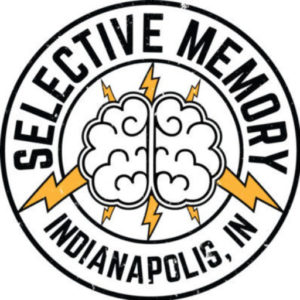
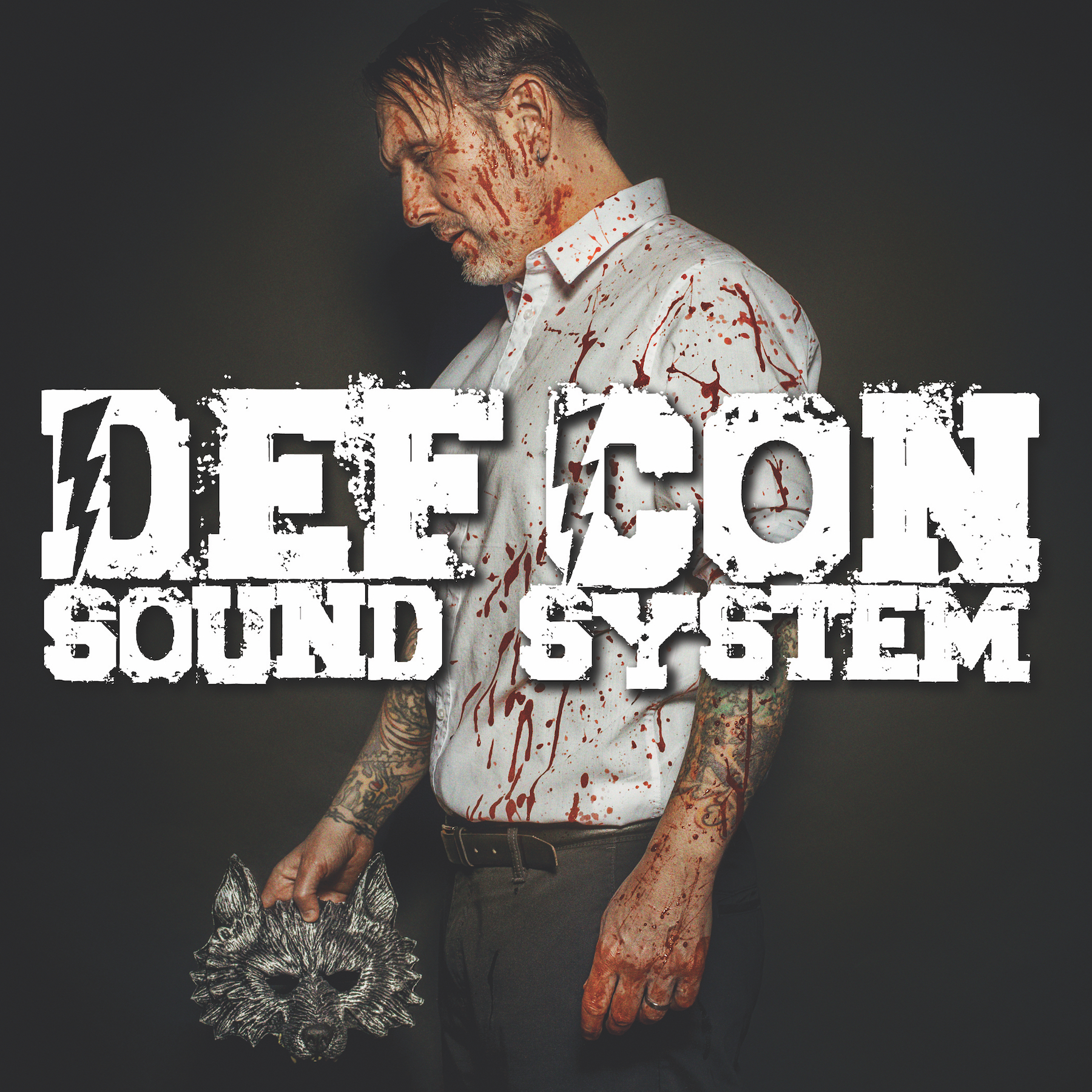
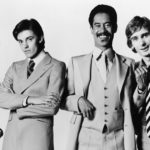
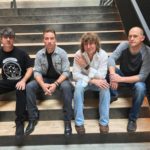
No Comment! Be the first one.